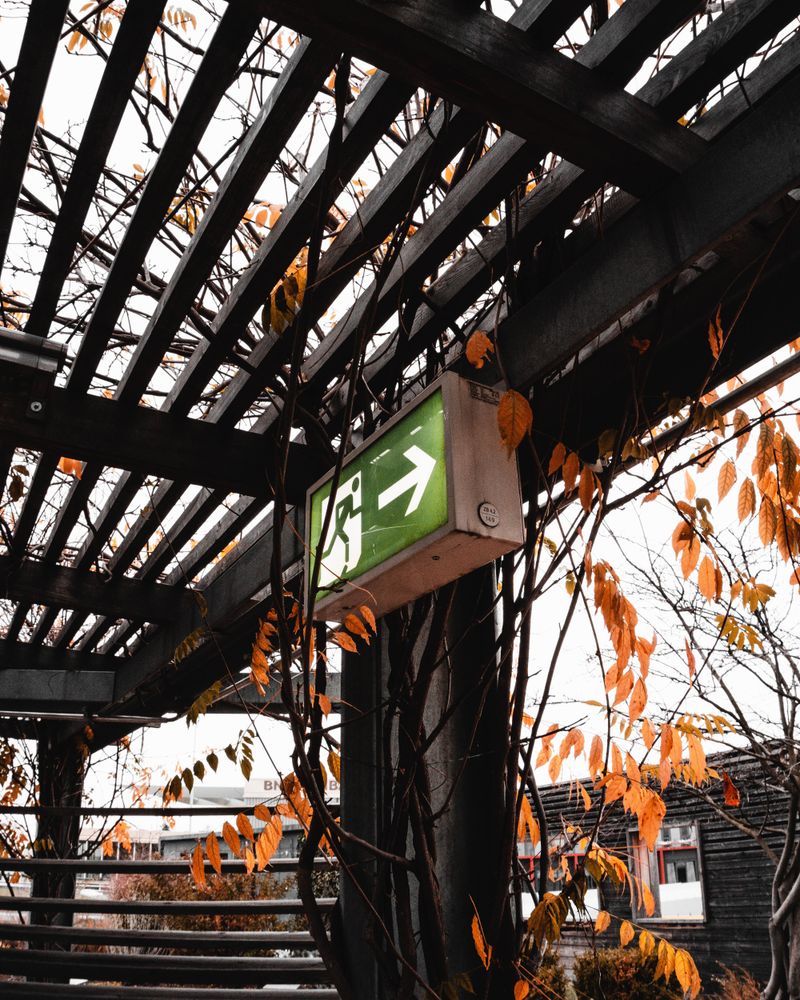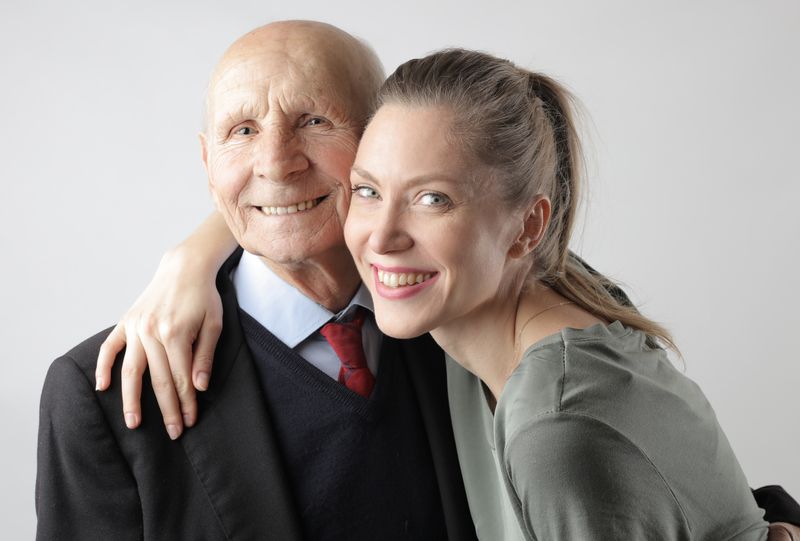NYC Health + Hospitals/Woodhull to Temporarily Evacuate, Transfer All Patients Because of Power Outage, Electrical Damage Caused by Flood
Background
Yesterday, the NYC Health + Hospitals/Woodhull experienced a neighborhood power failure due to extreme rainfall in New York City. As a result, the hospital was forced to switch to emergency backup power to ensure the safety of patients and staff. However, the power company, Con Edison, has now informed the hospital that they need to temporarily shut down the backup power to the facility in order to make necessary repairs. In response to this situation, the hospital has announced a phased and orderly evacuation of all patients and staff.
Evacuation Plan
The NYC Health + Hospitals/Woodhull has developed a comprehensive evacuation plan to ensure the safe transfer of approximately 120 patients to other NYC Health + Hospitals facilities. The evacuation will be carried out using ambulances, ambulettes, FDNY transport vehicles, and New York City Emergency Management (NYCEM) transport vehicles. Critical patients were already transferred yesterday, and it is estimated that it will take eight hours to complete the transfer of all remaining patients.
The hospital officials are taking measures to notify families about the transfers and provide them with contact information for the receiving facility. Nurses and other hospital staff will accompany the patients to the new facility to ensure continuity of care. Additionally, nearby hospitals have been notified of the evacuation and closure to manage any increase in patient volume.
Impact on Services
During this period of evacuation and repair, NYC Health + Hospitals/Woodhull will be closed and on diversion for all ambulances. In the case of an emergency, New Yorkers are advised to call 911, and ambulatory patients should seek out nearby hospitals. The hospital is working closely with the New York City Department of Health and Mental Hygiene, NYCEM, FDNY, and NYPD, as well as state and federal regulatory and elected officials to facilitate the transfer process.
Editorial
The temporary evacuation of NYC Health + Hospitals/Woodhull due to the power outage and electrical damage caused by the recent flood highlights the vulnerability of critical infrastructure during extreme weather events. This incident not only disrupts the healthcare services provided by the hospital but also raises questions about the resilience and preparedness of our healthcare system in the face of climate change.
Extreme weather events, such as heavy rainfall and flooding, are becoming more frequent and intense due to climate change. As a society, we must invest in infrastructure and develop robust contingency plans to ensure that essential services, like healthcare, can continue to function even in the face of such challenges. In this case, it is commendable that NYC Health + Hospitals/Woodhull has a well-prepared evacuation plan in place to protect the safety and well-being of their patients and staff.
However, this incident also highlights the need for a larger conversation about climate change adaptation in the healthcare sector. Hospitals and healthcare facilities play a critical role in our communities, providing vital care to those in need. Ensuring their resilience in the face of climate change should be a priority for both government and healthcare administrators.
Advice
In light of this incident, it is important for individuals and communities to take proactive steps to prepare for similar situations. Here are some recommendations:
Individuals
- Emergency Preparedness: Create an emergency plan for you and your family, including a communication strategy and essential supplies like food, water, and medication.
- Alternative Healthcare Options: Familiarize yourself with nearby healthcare facilities in case your primary healthcare provider is temporarily unavailable.
- Stay Informed: Stay updated on weather alerts and follow the guidance of local authorities.
Communities
- Infrastructure Investment: Advocate for increased investment in resilient infrastructure to withstand extreme weather events, ensuring the continuity of essential services.
- Collaboration: Foster collaboration between healthcare providers, local government, and emergency management agencies to develop and test emergency response plans.
- Public Awareness: Educate the public about the risks of climate change and the importance of individual and community preparedness.
By taking these proactive measures, individuals and communities can help mitigate the impact of extreme weather events on healthcare services and protect the well-being of their loved ones.

<< photo by Justus Menke >>
The image is for illustrative purposes only and does not depict the actual situation.




